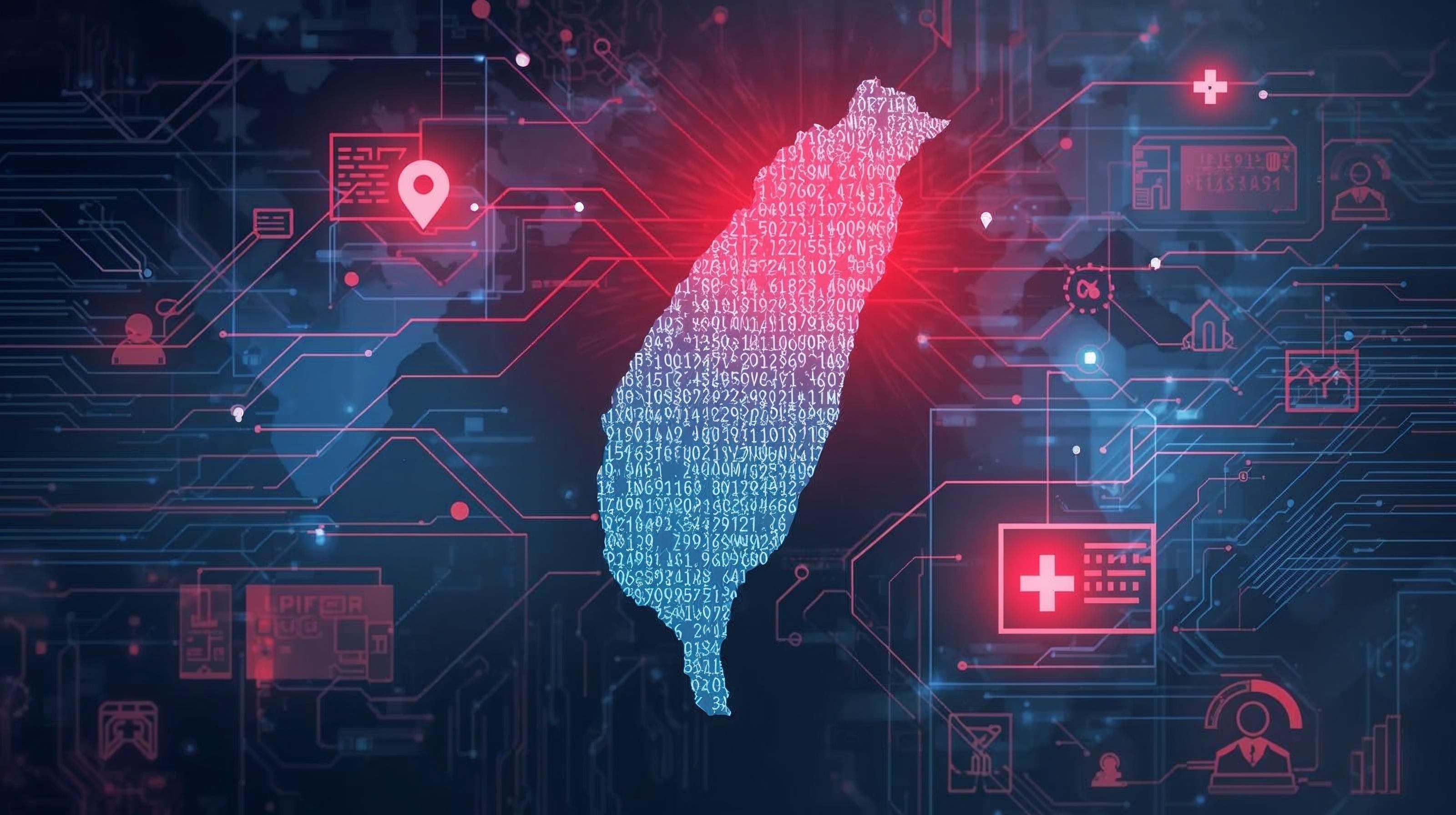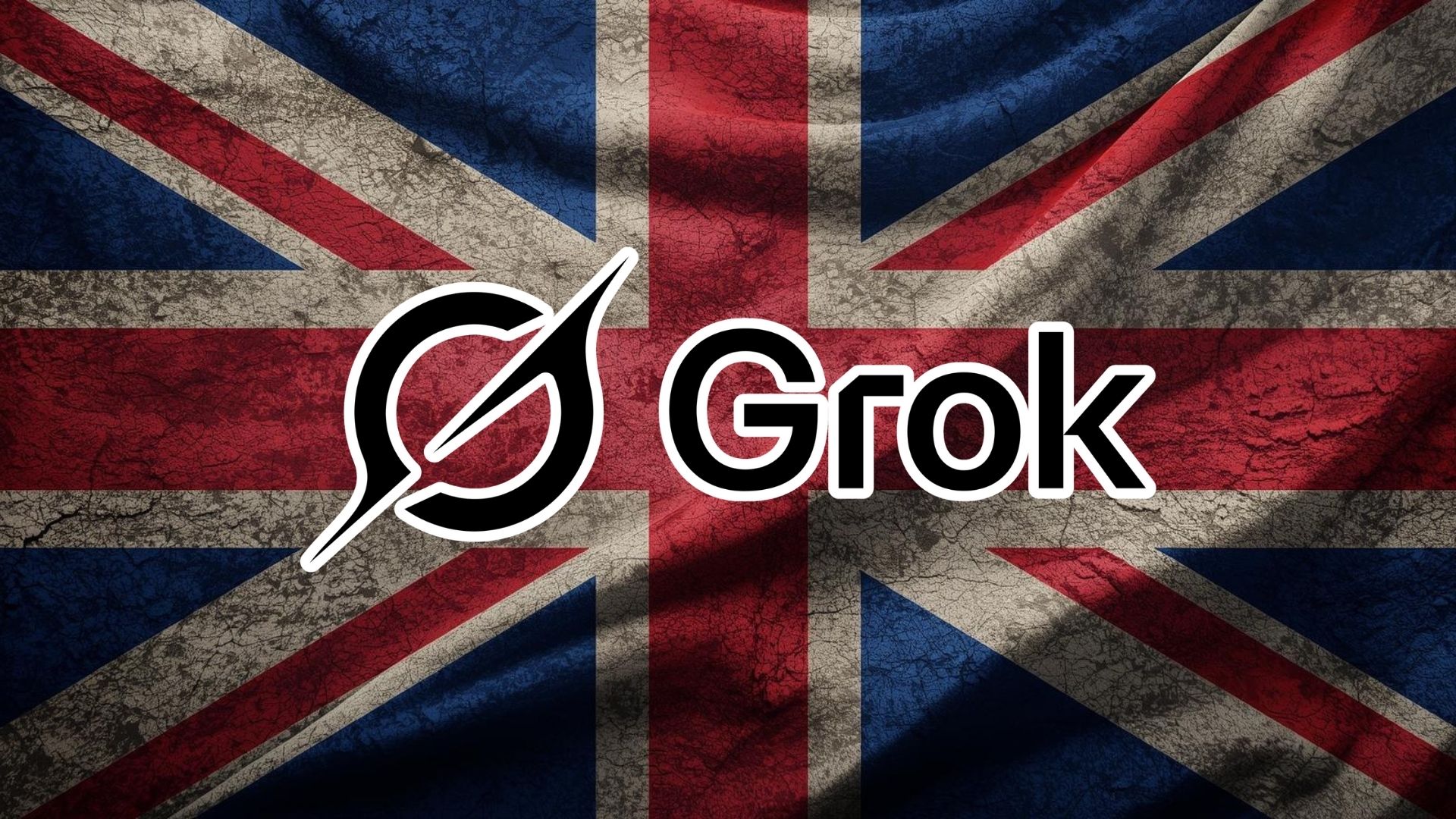Canopy Healthcare, one of New Zealand’s largest private medical oncology providers, has disclosed a data breach affecting patient and staff information, six months after the incident occurred.
The company said an unauthorised party accessed part of its administration systems on 18 July 2025, copying a ‘small’ amount of data. Affected information may include patient records, passport details, and some bank account numbers.
Canopy said it remains unclear exactly which individuals were impacted and what data was taken, adding that no evidence has emerged of the information being shared or published online.
Patients began receiving notifications in December 2025, prompting criticism over the delay. One affected patient said they were unhappy to learn about the breach months after it happened.
The New Zealand company said it notified police and the Privacy Commissioner at the time, secured a High Court injunction to prevent misuse of the data, and confirmed that its medical services continue to operate normally.
Would you like to learn more about AI, tech, and digital diplomacy? If so, ask our Diplo chatbot!










